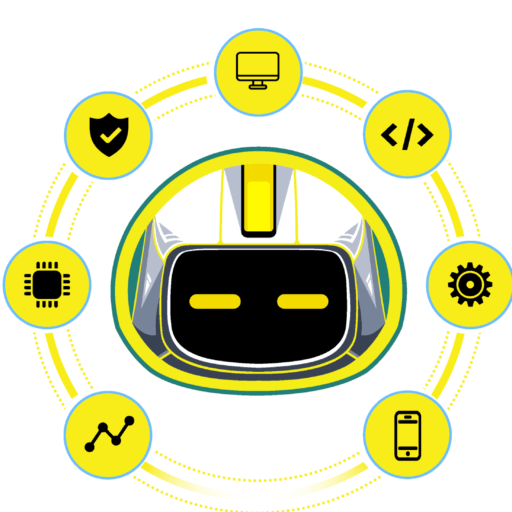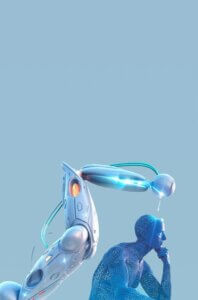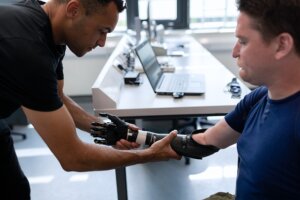What is artificial intelligence in medicine and how does it work?
A recent study from the RAND Corporation surveyed a group of United States doctors. it found that 65% of respondents reported feeling less prepared to care for patients due to technological advancements. Artificial intelligence in medicine is a tool that can help doctors with their work. But it’s important to educate yourself on how this technology works before you incorporate it into your practice.
AI in medicine for decades, but now more than ever, AI uses as a way to improve patient care and reduce costs. One example of where AI is making an impact is at Stanford Hospital where they use IBM Watson Health’s artificial intelligence platform called DeepMind Health for clinical decision support purposes.
How to use AI for medical diagnosis
Doctors have been using AI technology for diagnosis for years. One of the most popular tools is IBM Watson, which can diagnose cancer with greater accuracy than human doctors. However, only a small percentage of train physicians. They use this tool and it’s not available in all hospitals yet. We discuss some tips on how to implement AI into your practice as well as what medical conditions are best suited for diagnosis by artificial intelligence.
Since the introduction of computers in medicine over fifty years ago, there has been an evolution from early mainframe systems to more sophisticated electronic health records (EHR) programs. it serve clinical needs such as patient tracking and billing management. These advances paved the way for Artificial Intelligence (AI) in medicine by providing structured data sets within
The future of healthcare and AI
The future of healthcare and artificial intelligence is a topic that has been discussed for years. With the introduction of new technologies, some doctors are worried about the potential impact on their jobs. But there’s good news: There’s plenty of room in this field for both humans and AI to coexist. The key will be to find ways to implement AI safely into our current healthcare systems. so that it can help us prevent health problems before they happen, as well as provide better care when someone gets sick or injured.
The future of healthcare is here; let’s get ready by learning more today!
Why AI is a game-changer for the medical field
Artificial intelligence is a game-changer when it comes to medical care, especially in the United States. With people living longer and healthcare costs rising, AI can help prevent costly medical errors and improve patient outcomes. The U.S., being the world’s leader in innovation and technology, should be at the forefront of this change by incorporating AI into all aspects of its health system- from prevention to diagnosis to treatment- as well as taking advantage of its power for research and education.
Potential ethical issues with using artificial intelligence in medicine
Every day, doctors are faced with ethical dilemmas that can range from simple to complex. One of the most difficult decisions is whether or not to use artificial intelligence in medicine for diagnosis and treatment. The potential benefits seem limitless: AI could be used to diagnose diseases faster than a human doctor, prescribe more effective treatments, and reduce medical errors—saving lives in the process. However, there are also downsides: any new technology has its kinks still being worked out; if we rely on machines too much without understanding their limits then we’re setting ourselves up for disaster. But what do you think? Is it worth using artificial intelligence in medicine? Share your opinions below!
Drawbacks of using AI in medicine – both current risks and potential future ones
AI in medicine is a hot topic. You may be wondering how AI could improve the quality of your care and why it’s worth exploring. The Gartner Hype Cycle shows that we are currently in the trough of disillusionment with AI. Where expectations have dashed by poor results or lack of business value. One major risk to using AI is that algorithms can’t learn from mistakes; if an algorithm provides a wrong diagnosis, doctors will never know about it so they won’t be able to avoid making the same mistake again. It’s important for computer models to reflect what humans do best: “learning from experience.” We need to find ways for doctors’ experiences with patients – both successes and failures – to feed into future.
Let us know about your opinions.Thanks





